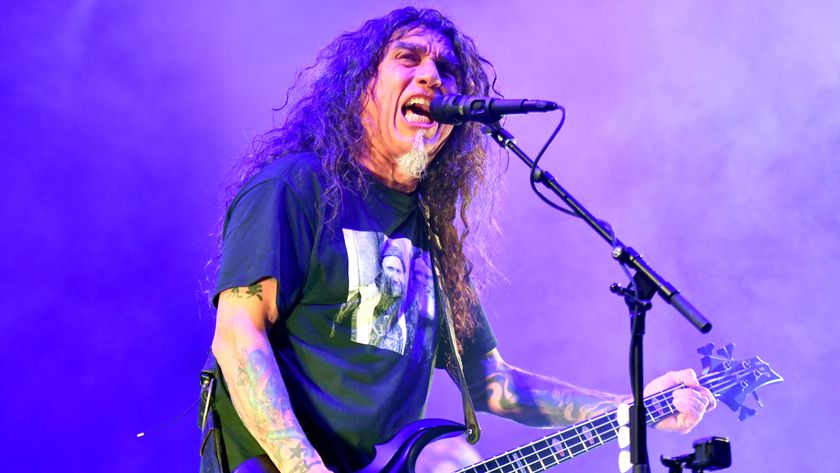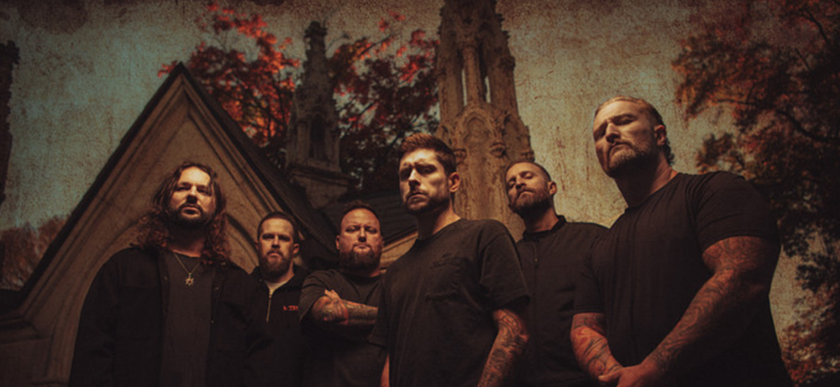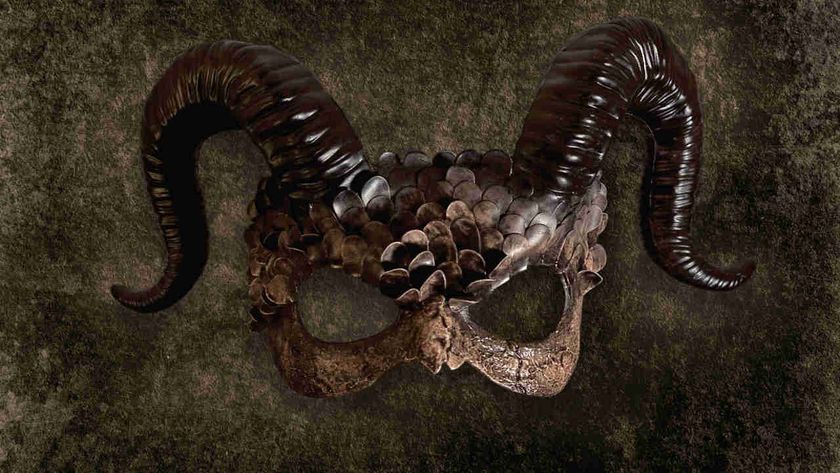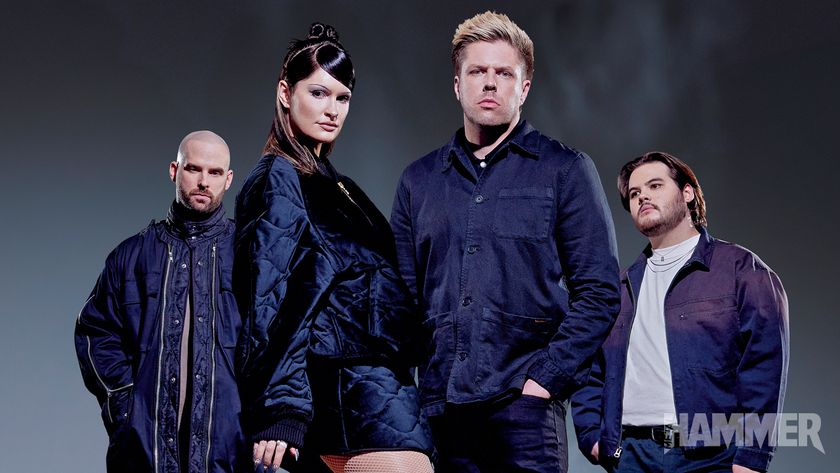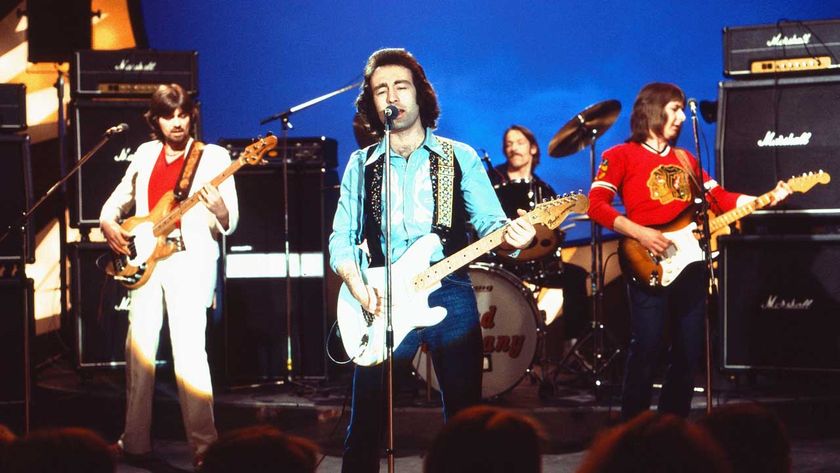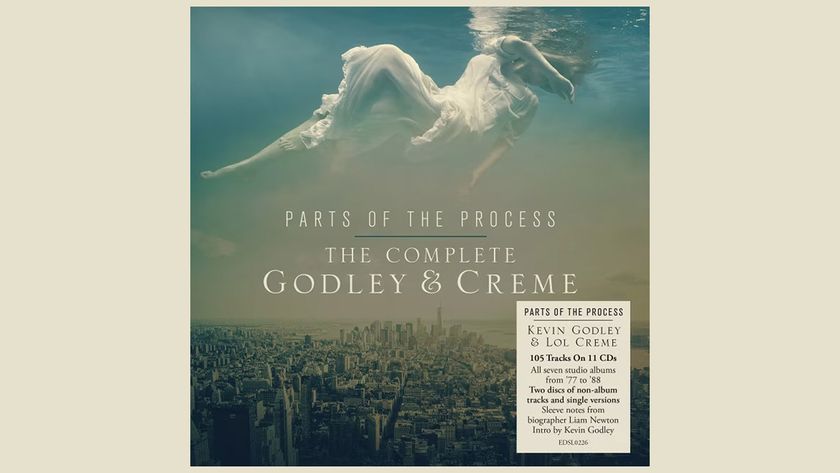On this vehement and powerful album, Headspace lay waste to any residual suspicions that they’re a ‘supergroup’ of convenience. Far from sounding like a jolly hobby for well-connected matey musicians with dazzling CVs, All That You Fear Is Gone is packed with force and feeling in its own right.
Headspace’s 2012 debut I Am Anonymous established their terrain as melodic, heavy prog, but this one drives harder and delves deeper into the details. Each song has its own reason for being, a lyrical theme, an emotional starting point, and emerges – several intricate musical detours later – as an entity, an event. The concept, as such, is vocalist Damian Wilson’s, and he sees it as “the group’s inability to control the individual”. He’s also spoken against conformity and the notion of pecking orders. Appropriately, the democratic Headspace are a classic example of a cohesive collective proving stronger by pushing for a common goal, achieving more than the individual parts might ever have.
Those individuals do each have a proud recent history. Wilson is known for his Threshold work and collaborations with, among others, Rick Wakeman. Rick’s son Adam has latterly provided keyboards for Black Sabbath and Ozzy Osbourne, while guitarist Pete Rinaldi has shaken his stuff with The Darkness spin-off Hot Leg. Bassist Lee Pomeroy has played for everyone from Jeff Lynne’s ELO and Steve Hackett to, er, Take That, while the eclecticism is confirmed by new drummer Adam Falkner (replacing Richard Brook), whose rhythmic résumé includes such diametrically opposed names as Dido and Babyshambles. It’s a wonderfully varied mix.
This is a powerful, vehement album, packed with force and feeling.
Recorded over a long period of time in several studios (like its predecessor), the self‑produced All That You Fear Is Gone builds with carefully calibrated drama and dynamics. On the opener, Road To Supremacy, Wilson rails cynically but insightfully: ‘Give us what we can’t get on our own/Give us entertainment to keep us calm/Give us reassurance that we’re sane,’ bemoaning how we are ‘kept in the moment’ by the authorities’ doling out of bread and circuses. It’s a fair taster for the album. At times everything is firing on all cylinders, with Rinaldi shredding furiously and Wakeman weaving lines and moods over and under the momentum; elsewhere the mood shifts to a gentler plateau.
Your Life Will Change offers by-numbers sledgehammer rock, but Polluted Alcohol is a prettily sung, (metaphorically) whisky-sodden reverie of slide guitar and bluesy bruises. The influence of Led Zeppelin’s Kashmir can be discerned within the surging stomp of Kill You With Kindness, but its breaks into hazy harmonies keep you guessing. At its midway point, an easing into acoustic tunefulness emphasises the band’s unpredictability, before the surge reasserts itself for the climax. Rinaldi and Wakeman throw in countless blinding solos, and the same’s true of the two longest tracks. The Science Within Us is a frenetic movie of sound in itself, and the ever-ascending finale Secular Souls, with its histrionic, near-chanted denouement, is somehow, smartly, both shrill and slick.
With so much going on, it’s tricky to fully assimilate Wilson’s lysergic lyrics, but they’re clearly those of a man who’s thought a lot about who we are and why we’re shat on. While saying that those in power suck is hardly a boldly original stance in the realm of rock, there’s a sense here that he’s biting hard on the hand of greed. Primarily, while referencing past civilisations, he seems agitated by the quantity of flippant distractions, of society’s misdirection tricks, with which we’re bombarded on a daily basis. The album’s most congested moments will reveal more of their layers, and their politics, over time. Even putting them to one side for now, it’s certainly some epic distraction.
Perhaps it’s introspective interludes like The Element and The Death Bell – both beautifully scored by Wakeman (and/or Rinaldi) while Wilson sings – which allow the album to breathe and percolate. Moreover, the tender title track, based around quasi-flamenco acoustic picking from Rinaldi, then staccato showmanship from Wakeman, with Wilson in falsetto mode, is arguably its masterstroke. Vocals aside, this wouldn’t be miles out of place on a Kate Bush record, and demonstrates the unit’s dexterity and purpose more effectively than any number of Godzilla riffs.
Have no fear – Headspace make music of mighty ambition and passionate zeal.




